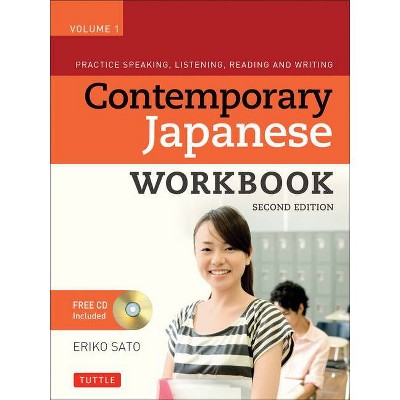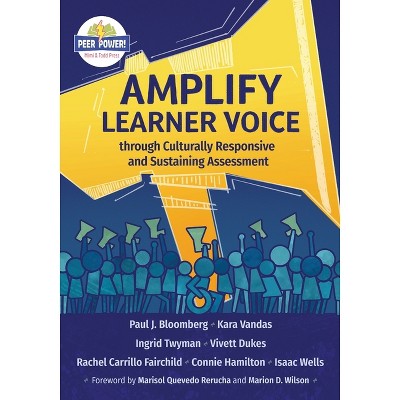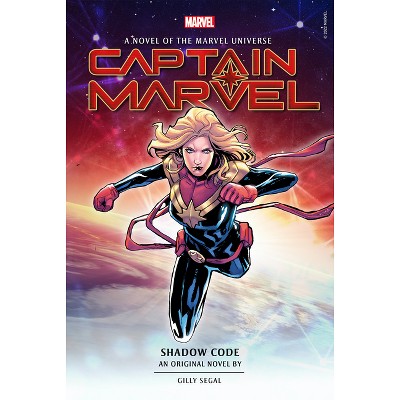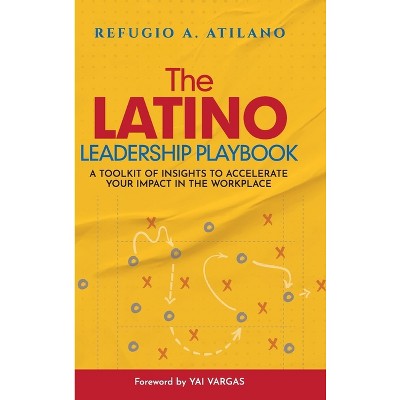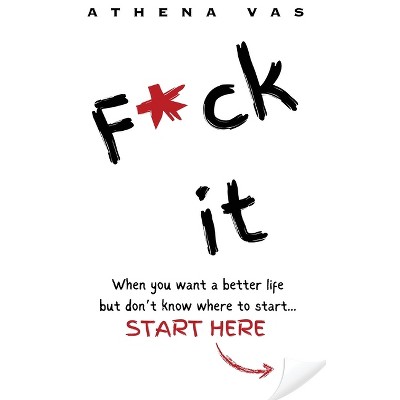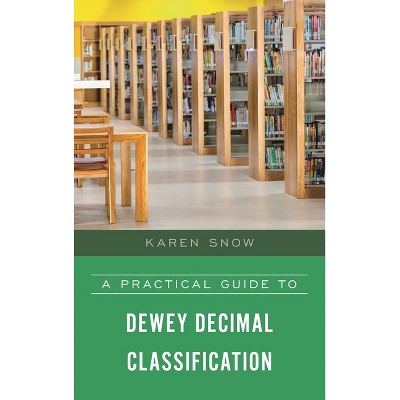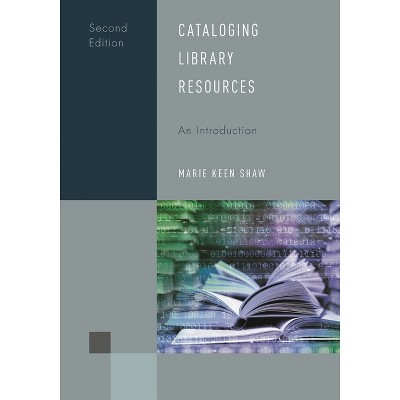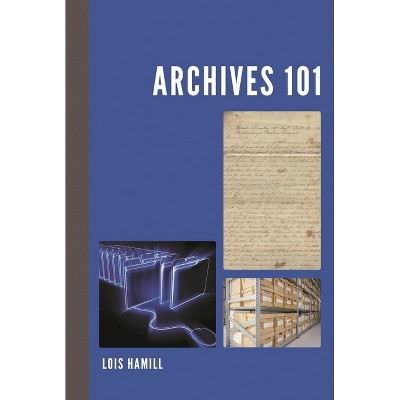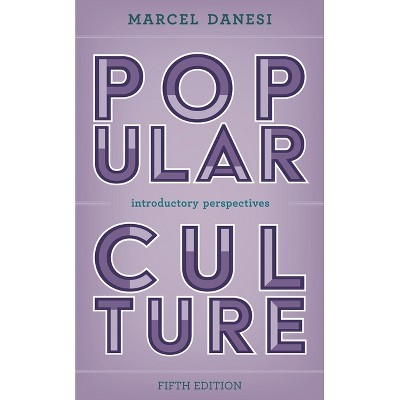Sponsored

Cataloging and Classification - 5th Edition by Athena Salaba & Lois Mai Chan
In Stock
Sponsored
About this item
Highlights
- This fifth edition of the late Lois Mai Chan's classic Cataloging and Classification covers the analysis and representation of methods used in describing, organizing, and providing access to resources made available in or through libraries.
- About the Author: Athena Salaba, Professor at the School of Information, Kent State University, Kent, Ohio, is the co-author of four books and author of a number book chapters, journal articles, and conference papers.
- 790 Pages
- Language + Art + Disciplines, Library & Information Science
Description
About the Book
This fifth edition of the late Lois Mai Chan's classic Cataloging and Classification covers the analysis and representation of methods used in describing, organizing, and providing access to resources made available in or through libraries.Book Synopsis
This fifth edition of the late Lois Mai Chan's classic Cataloging and Classification covers the analysis and representation of methods used in describing, organizing, and providing access to resources made available in or through libraries.Review Quotes
Athena Salaba and Lois Mai Chan provide a thorough introduction to cataloging and classification. This classic work has been updated to include new standards and tools, and the discussions of original RDA and official RDA are especially instructive. This textbook would be useful for beginning and advanced cataloging students, as well as professionals in libraries and other information agencies.
The fifth and latest edition of Cataloging and Classification: An Introduction successfully brings a classic cataloging textbook fully into the present day. Originally published in 1980 by Lois Mai Chan, it was last updated with the fourth edition in 2016... [The] new edition maintains the status of Cataloging and Classification as a foundational text in the field of librarianship. Like many textbooks, it can at times feel like an overwhelming amount of information as it attempts to introduce an entire discipline. However, in an educational setting, it would provide excellent context for discussions and exercises based around real-world cataloging tasks. It would also be of use to a more experienced librarian hoping to shore up their knowledge of cataloging fundamentals. A companion website assembled by Salaba brings together additional resources to allow readers to explore selected topics, including helpful summaries of each chapter in addition to extensive bibliographies (with multiple lists on ethics, bias, and critical cataloging to supplement the slightly anemic chapter 19).3 Overall, this latest edition of Cataloging and Classification is a worthy addition to any cataloging education or reference shelf.
The fifth edition of Cataloging and Classification: An Introduction is the highly anticipated update to this iconic text, last published in 2015...The content, organization, layout of the text, and numerous bibliographic records and field examples make this work an encyclopedic reference for cataloging practitioners, students, and instructors. It is a recommended resource for understanding foundational concepts in bibliographic control, cataloging, and metadata assignment and would serve as a helpful desk reference for new users of the RDA Toolkit (original and official). Individual chapters would be ideal assigned readings in cataloging, subject analysis, and organization of information classes.
The new edition of Cataloging and Classification provides library and information science students and library practitioners with a thorough, authoritative, and up-to-date exploration of library cataloging and classification concepts, history, and standards. The inclusion in this latest edition of information on the original and official Resource Description and Access (RDA), and a chapter on cataloging ethics and critical cataloging, is very welcome and needed.
With attention to how information is described, organized, and made accessible, Salaba offers an overhaul of the classic cataloguing text that she coauthored with the late Chan. The volume is presented in seven parts, including the overview. Key topics include record production and structure, encoding formats, and metadata records; resource description and access (RDA), both original and official; subject access and controlled vocabularies; organization of library resources; records of bibliographic and authority data; and cataloguing ethics. Two to four chapters are devoted to each subject. Previous editions' content has been rewritten and reorganized to help reflect new cataloguing developments. The addition of the new RDA and a chapter on cataloguing ethics also reflect current discussions within the profession. Additionally, the chapter on RDA, with its explanation of the new RDA, will be of enormous use as cataloguers prepare to implement the latest version of this content standard. The new edition of this essential work has raised the bar on an already excellent text about cataloguing. Recommended for cataloguers at all levels of expertise.
About the Author
Athena Salaba, Professor at the School of Information, Kent State University, Kent, Ohio, is the co-author of four books and author of a number book chapters, journal articles, and conference papers.
She holds a Ph.D. in Library and Information Studies from the University of Wisconsin-Madison. Salaba served as the Co-chair and Secretary of the IFLA Working Group on the Functional Requirements for Subject Authority Records (FRSAR), Chair of the Subject Analysis Committee (SAC) of ALA's ALCTS Division, and a member of the IFLA Bibliographic Conceptual Models (BCM) Review Group, previously the FRBR Review Group. She serves as the Chair of the IFLA Subject Analysis and Access (SAA) section and Treasurer and member of the International Society for Knowledge Organization (ISKO) Board of Directors. She is an appointed member of the ALA Committee on Accreditation. Her research areas include the organization of information, metadata, knowledge organization systems, subject access to information, conceptual modeling of bibliographic data, intercultural awareness of information professionals, knowledge organization education and competences, user-information interactions, and user experience studies. She teaches graduate courses on resource description and access (descriptive cataloguing) and subject analysis, representation, and access.The late Lois Mai Chan was professor emerita at the School of Library and Information Science, University of Kentucky, Lexington, Kentucky, was the author of eight books and numerous articles and co-editor of two collections in the areas of knowledge organization and subject indexing. In 1989, Chan was awarded the Margaret Mann Citation for Outstanding Achievement in Cataloging and Classification given by the American Library Association. In 1992, she received the Distinguished Service Award from the Chinese- American Librarians Association. In 1999, Chan and Diane Vizine-Goetz were chosen for the Association for Library Collections & Technical Services' (ALCTS) Best of LRTS Award for the Best Article Published in 1998. In 2006, Chan received the Beta Phi Mu (International Honor Society for Library and Information Science) Award for distinguished service to education for librarianship. From 1986 to 1991, Chan served as the chair of the Decimal Classification Editorial Policy Committee. She served as a member of the IFLA Standing Committee on Knowledge Management and the IFLA Functional Requirements for Subject Authority Data (FRSAD) Working Group. Her research interests included knowledge organization, subject vocabulary, authority control, metadata, and organization and retrieval of Web resources.
